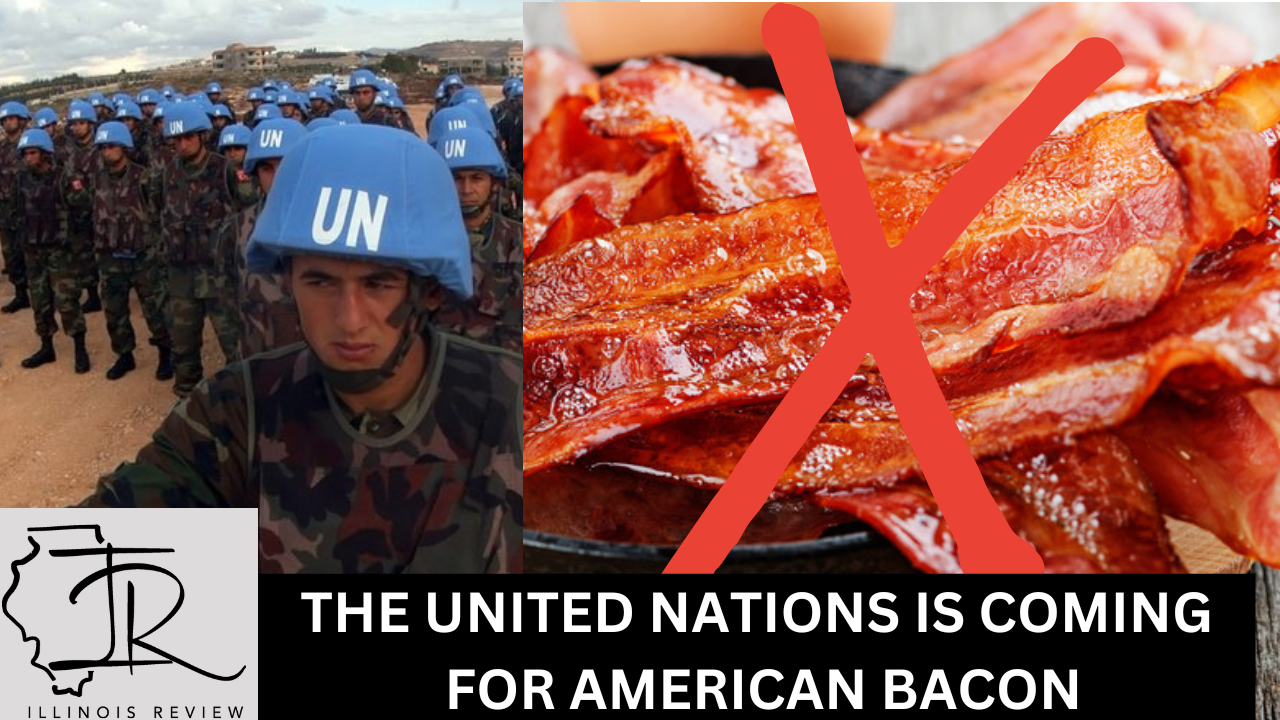The United Nations is poised to challenge core aspects of American culinary culture, including favorites like bacon and hamburgers, in its latest environmental initiative. At the upcoming COP28 climate summit in Dubai, the UN’s Food & Agriculture Organization (FAO) will unveil a controversial road map aimed at reducing global meat consumption, with a particular focus on the West, including the United States.
This initiative, as reported by Bloomberg, marks a significant shift in the UN’s approach to climate change, targeting the agricultural sector more directly than ever before. The FAO’s recommendations will emphasize reducing consumption of meats, specifically pointing to American classics like bacon and hamburgers, as part of a broader effort to curb greenhouse gas emissions.
The proposal has sparked a robust debate in the U.S., particularly among those who view it as an infringement on American dietary choices and an overreach by an international organization into domestic affairs. The GOP chairman of the House Agriculture Committee has voiced strong opposition, underscoring the importance of American farming traditions and questioning the UN’s authority to dictate what Americans eat.
While the guidelines are not legally binding, they symbolize a notable push by the UN to place agricultural practices and dietary habits at the center of the climate change conversation. The FAIRR Initiative, a group advocating for climate-friendly agriculture, supports the move. Jeremy Coller, the chair and founder of FAIRR, highlights the urgent need for policy focus on the food and agriculture sector, which significantly contributes to global emissions.
The global food system, including aspects like land use, agricultural production, packaging, and waste management, is responsible for about 34% of total worldwide emissions









